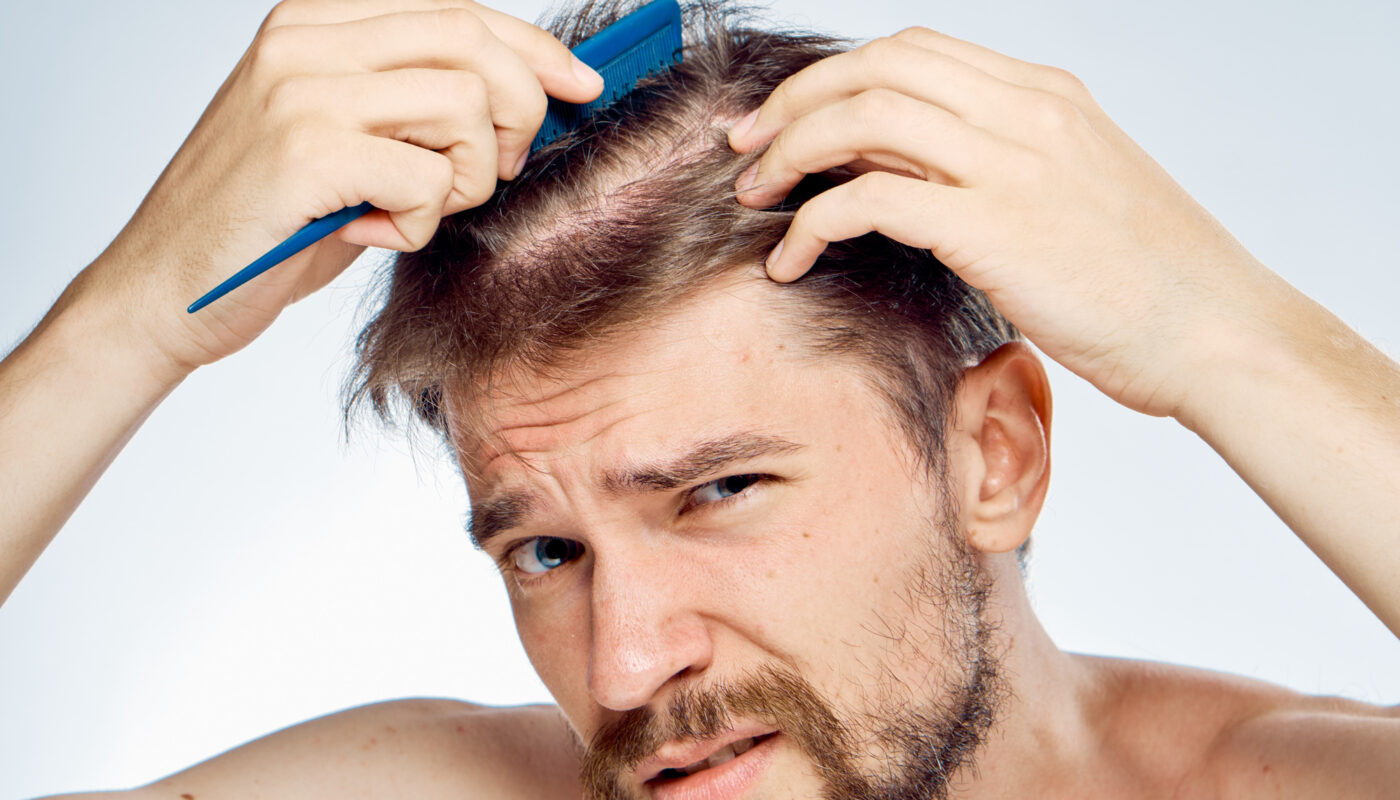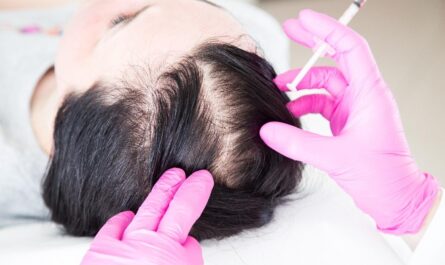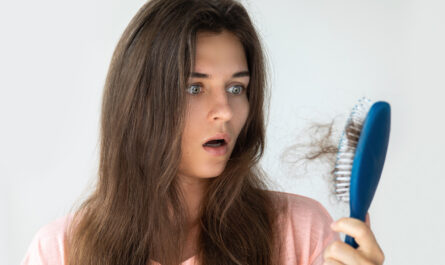Hair loss, medically known as alopecia, is a common concern for many men. It can affect an individual’s self-esteem and confidence, making it a significant issue beyond just physical appearance. Understanding the causes, exploring available treatments, and adopting effective self-care practices are essential steps in managing and mitigating hair loss.
Causes of Hair Loss in Men
Genetics (Androgenetic Alopecia)
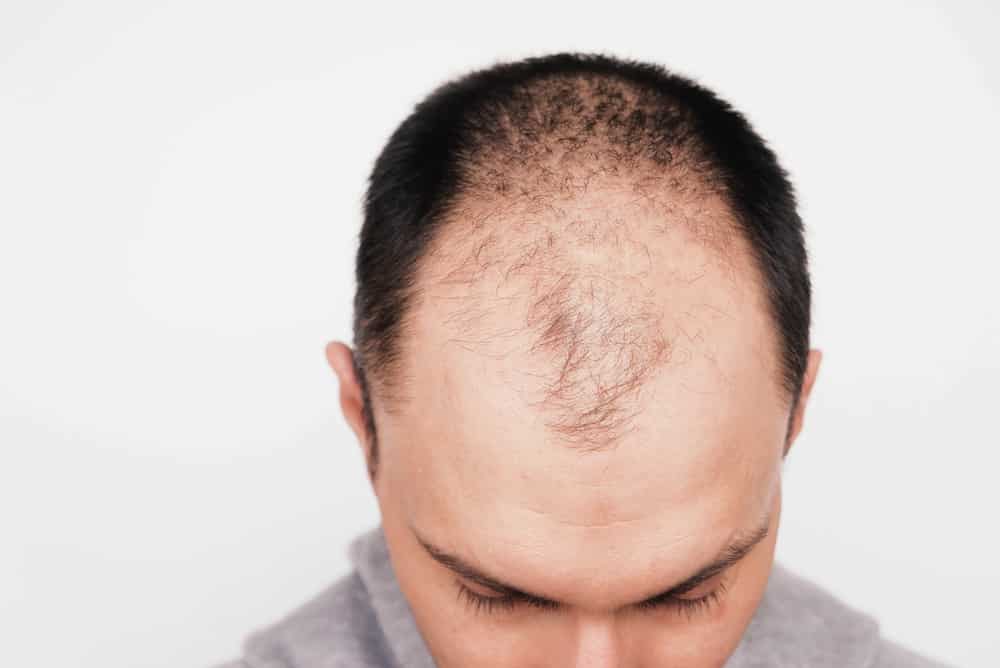
- Androgenetic alopecia, often called male pattern baldness, is the most primary and most common cause of hair loss in men.
- It is hereditary and is characterized by a fast receding hairline and thinning on the crown.
- This condition is influenced by hormones called androgens, specifically dihydrotestosterone (DHT), which shrink hair follicles over time.
Hormonal Changes and Imbalances
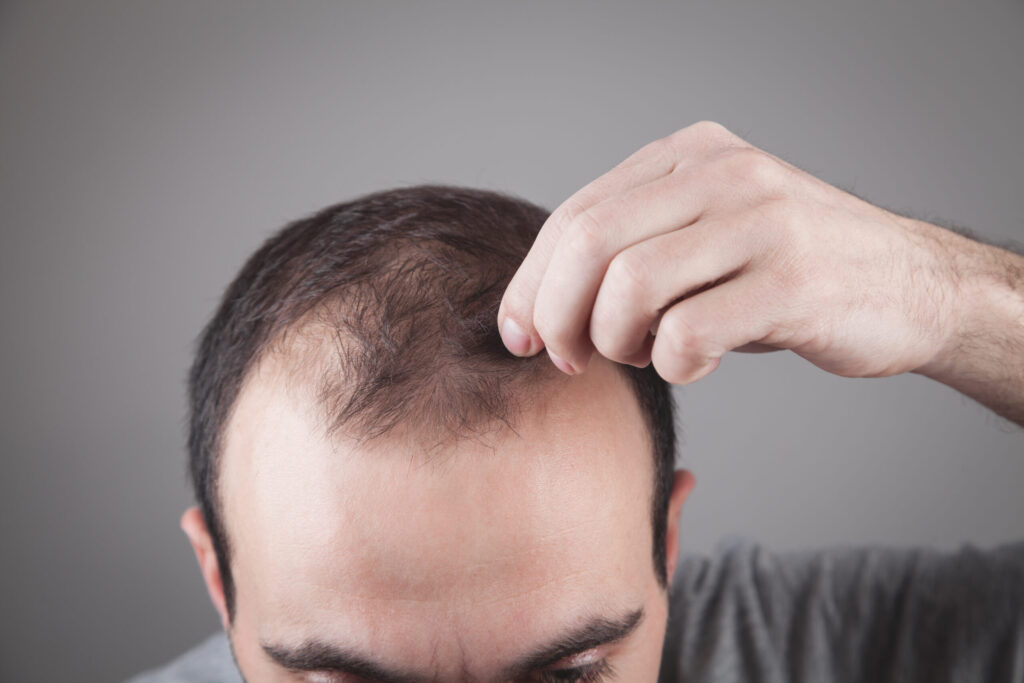
- Hormonal imbalances can lead to hair loss.
- Conditions like thyroid disorders, significant fluctuations in testosterone levels, or other endocrine issues can disrupt the hair growth cycle, causing thinning of hair or baldness.
Medical Conditions
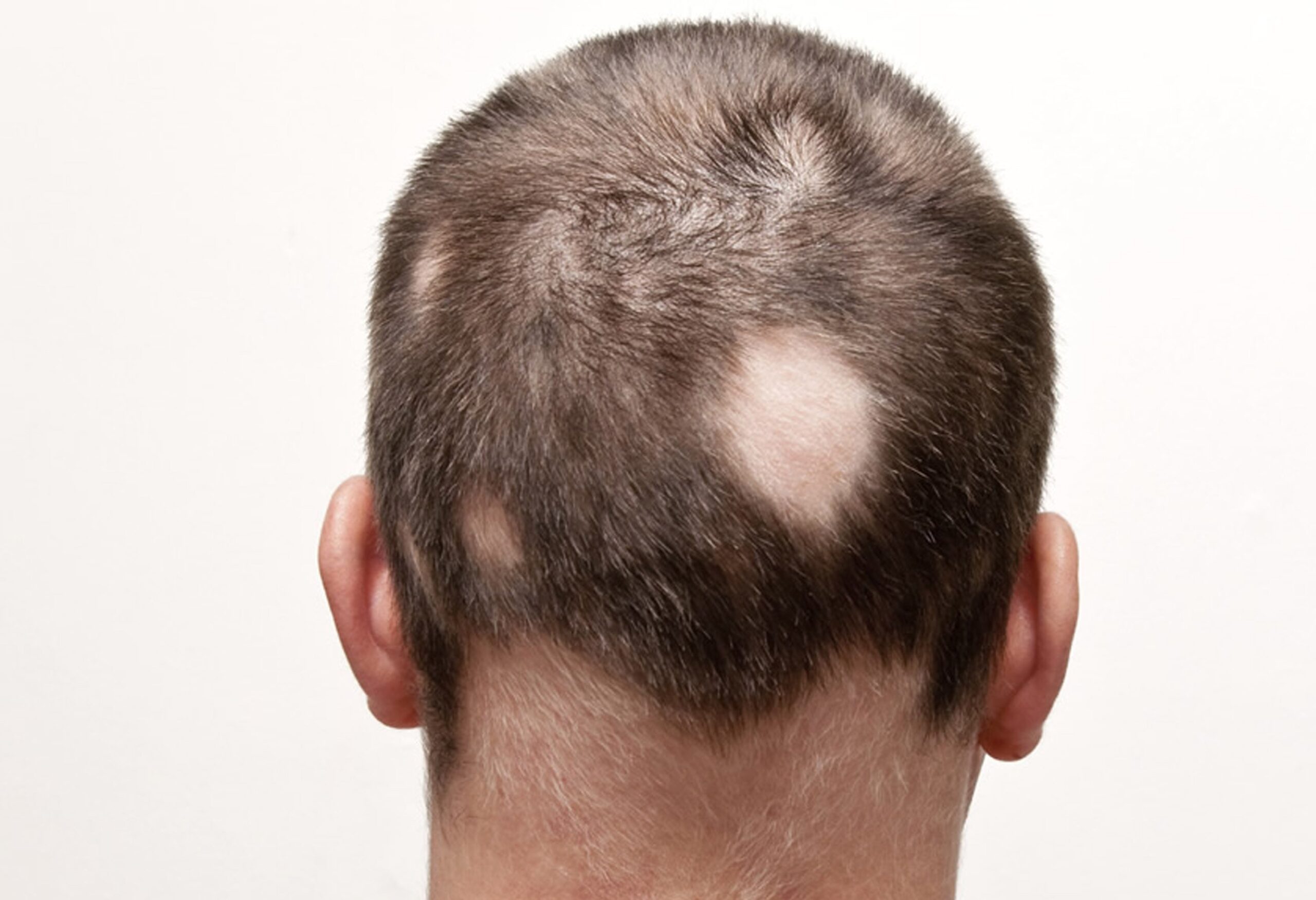
- Certain diseases like alopecia areata (an autoimmune disorder that attacks hair follicles), scalp infections, and diseases like lupus can cause hair loss.
- Additionally, chronic illnesses or severe infections can trigger temporary hair shedding known as telogen effluvium.
Medications and Treatments
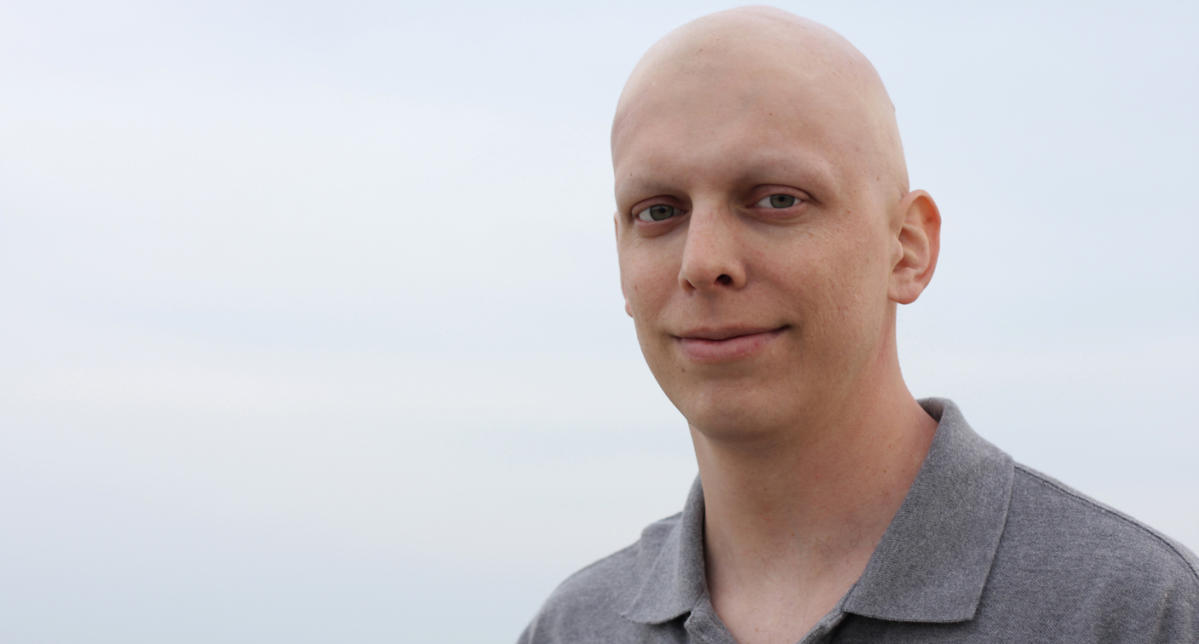
- Hair loss can be a side effect of various medications, including those used for cancer (chemotherapy), arthritis, depression, heart problems, and high blood pressure.
- Radiation therapy to the head also affects hair growth.
Nutritional Deficiencies

- A diet lacking essential nutrients such as vitamins (A, B, C, D, and E), minerals (zinc and iron), and proteins can lead to weakened hair and hair loss.
- Proper nutrition is essential for maintaining good hair growth.
Stress

- Both physical and mental stress can trigger hair loss.
- Significant stress pushes hair follicles into a stagnant resting phase, leading to noticeable hair shedding a few months later.
Treatments for Hair Loss
Medications
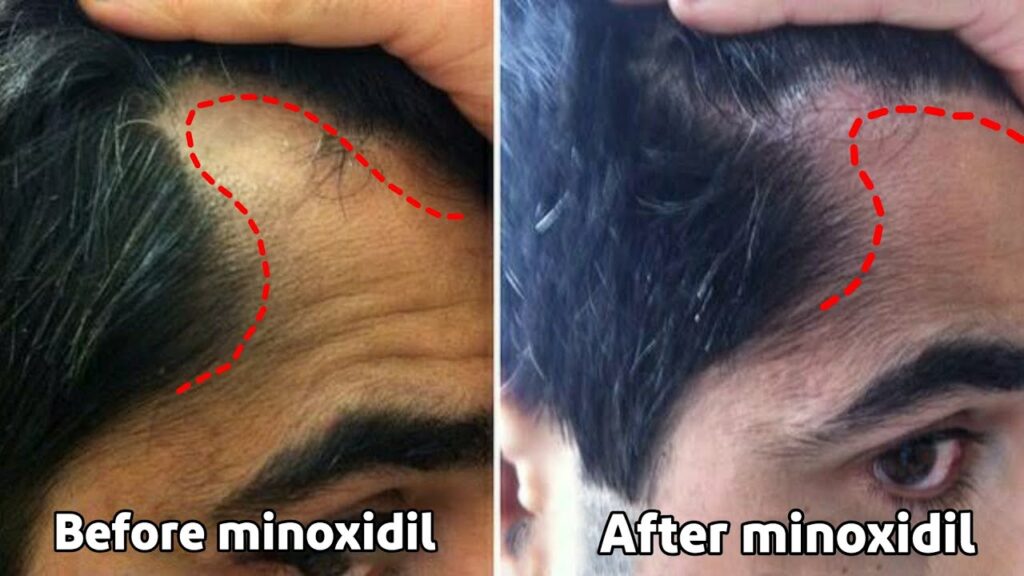
- Minoxidil: An over-the-counter topical treatment that will help stimulate and boost hair growth and slow down hair loss.
- Finasteride: A prescription oral medication that inhibits the production of DHT, helping to prevent or reduce hair loss and promote regrowth.
Hair Transplant Surgery
- This surgical procedure involves transferring hair follicles from one part of the body (usually the back or sides of the head) to the thinning or balding areas.
- It’s a more permanent solution but can be costly and requires recovery time.
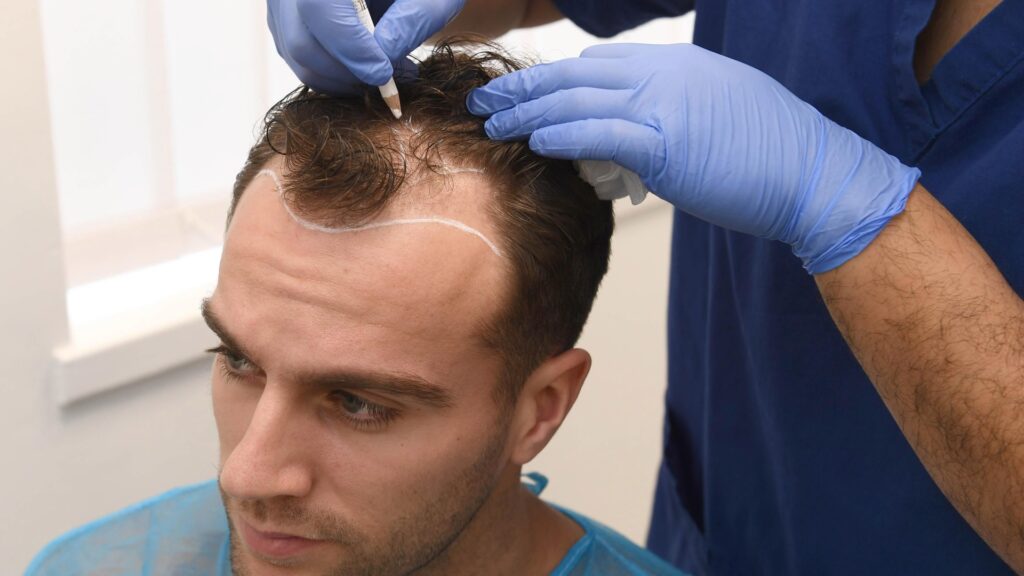
Low-Level Laser Therapy (LLLT)
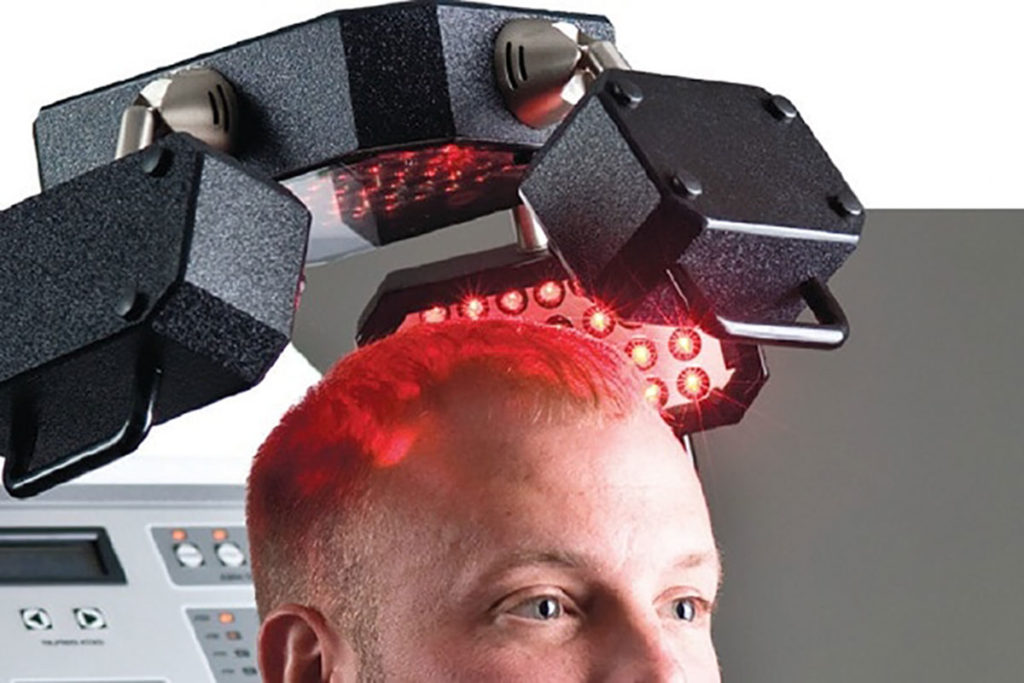
- LLLT is a non-invasive hair treatment that utilises red light therapy to stimulate hair follicles and boost hair growth.
- It’s considered safe and can be used in conjunction with other treatments.
Platelet-Rich Plasma (PRP) Therapy
- PRP therapy involves injecting the patient’s own platelets into the scalp to stimulate hair growth.
- Platelets contain growth factors that can help rejuvenate hair follicles.
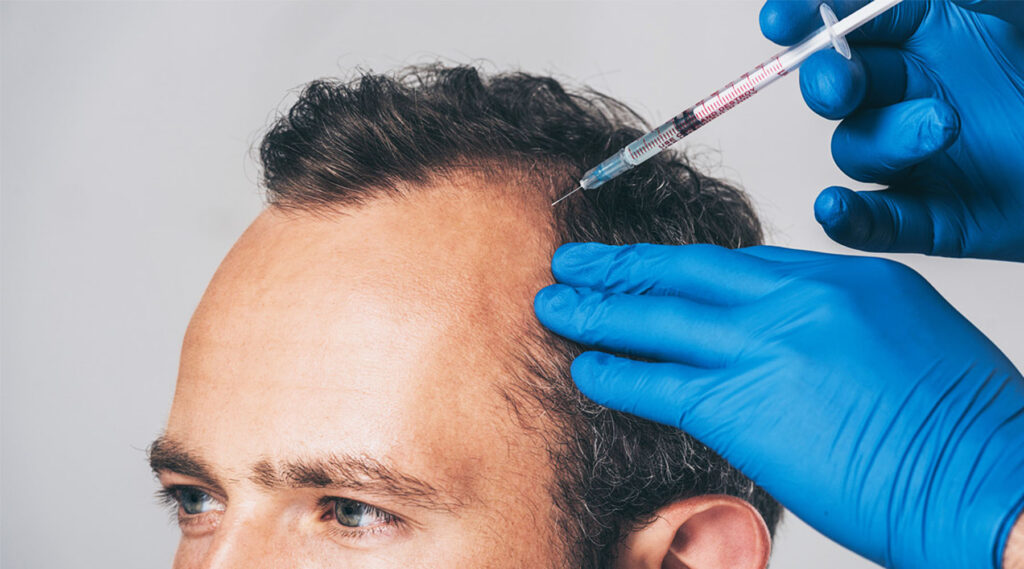
Lifestyle and Home Remedies

- Proper Nutrition: A balanced and healthy diet rich in vitamins and minerals supports healthy hair growth.
- Scalp Care: Regular scalp massages can increase blood flow to hair follicles. Keeping the scalp clean and free from excess oil and dandruff is also essential.
- Stress Management: Practices like meditation, yoga, and exercise can reduce stress levels and potentially minimize hair loss related to stress.
Self-Care and Preventive Measures
Gentle Hair Care
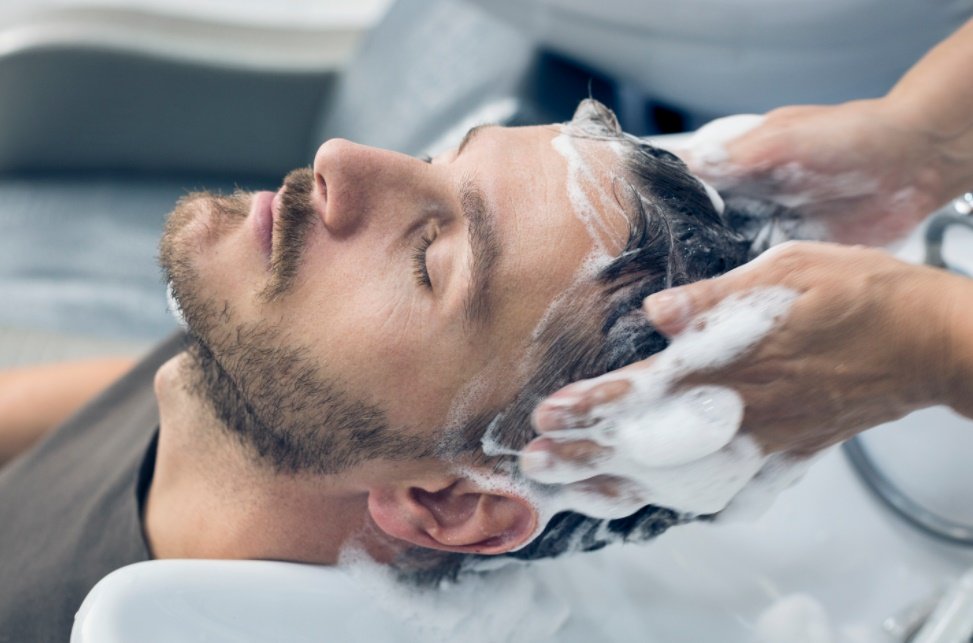
- Avoiding harsh treatments and hairstyles that pull on the hair can prevent unnecessary damage.
- Use mild shampoos and conditioners and limit the use of heat styling tools.
Regular Health Check-Ups

- Regular visits to a dermatologist can help find underlying health issues that might contribute to hair loss.
- Addressing these conditions early can prevent further hair thinning.
Avoid Smoking and Excessive Alcohol Consumption
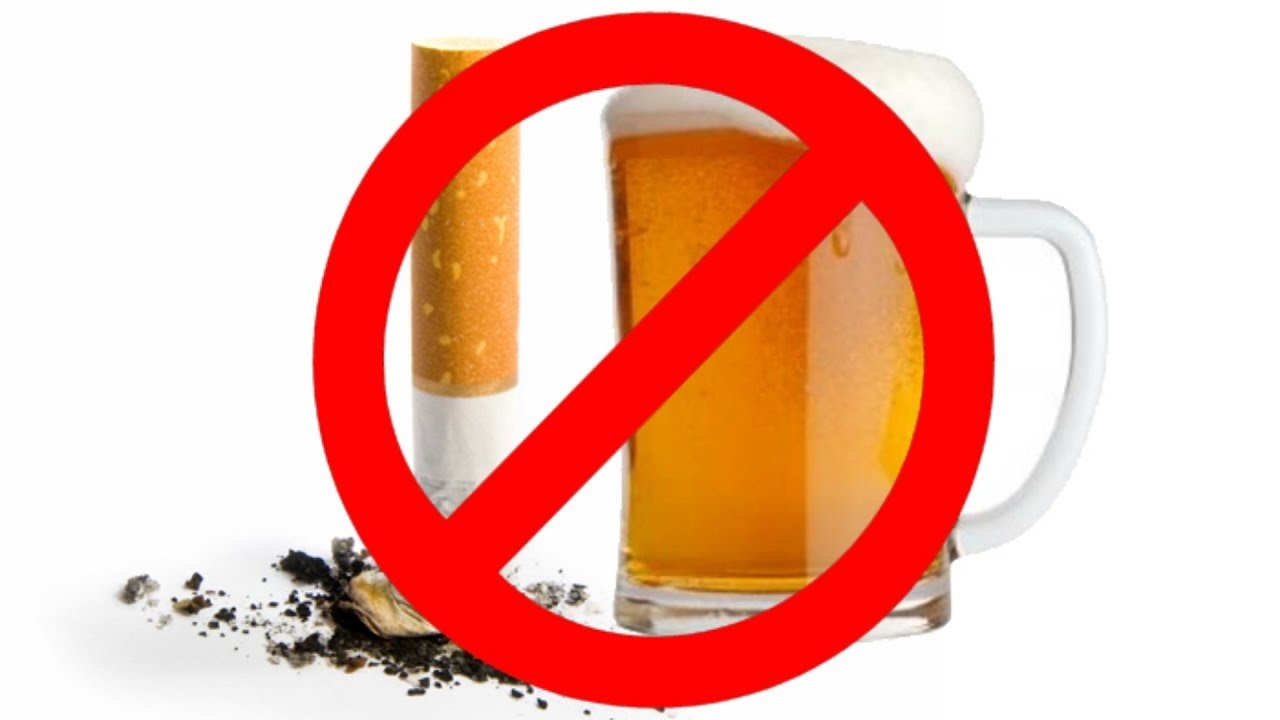
- Both smoking and heavy drinking can have negative effects on hair health.
- Reducing or eliminating these habits can improve overall hair condition.
Hydration

- Staying well-hydrated is very important for overall health, including the health of your hair.
- Make sure to drink plenty of water throughout the day.
Conclusion
Hair loss in men, though common, can be managed with the right approach. Understanding the root reasons of the hair loss is the first step in finding an effective treatment. Whether through medical treatments, surgical options, or lifestyle changes, there are multiple ways to combat hair loss and maintain healthy hair. Prioritizing self-care and seeking professional advice when required can help men tackle hair loss confidently and effectively.

